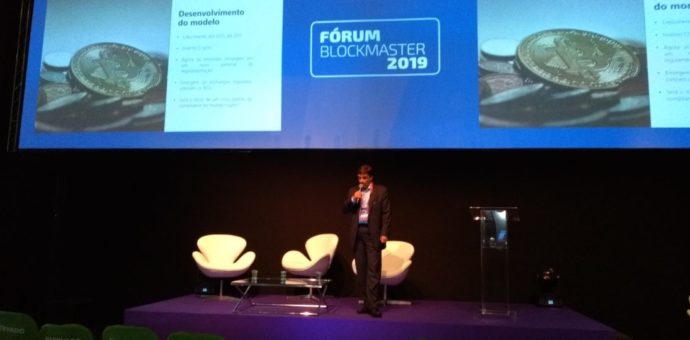The sector of decentralized digital assets and blockchain lives a new moment. This is the evaluation of players in this market that attended on Wednesday (28/8) the first day of the Forum Blockmaster, in São Paulo (SP). After the hype of 2017 and 2018, several initiatives have emerged this year in order to leave companies and initiatives more responsive to various national regulations.
For example, there is a new wave of token issuance in a more regulated way, concurrently with the end of the hype of the ICO. “The ICOs were a great MVP from which it was possible to raise funds at a global level, but now it´s a different moment”, assesses Bernardo Quintão, from Liquia Digital Assets.
Another example is the appearance of regulated exchanges and the first Initial Exchanges Offering (IEO). That is, issuing tokens through exchanges. This model has been proved to be more attractive to stakeholders.
On the other hand, international bodies have handled the matter responsibly. The FATF, linked to the G20, has recommended greater control of the cryptocurrencies1 fate, aiming to combat the use of these assets for money laundering or terrorism.
“Cryptocurrencies are much more traceable to this end than ordinary money”, says the attorney Hélio Moraes, from Pinhão and Koiffman Lawyers.
+ Read also:
– Do you know what are altcoins and ICOs? We explain it!
-Absence of Brazilian regulation to crypto is used to exclude exchange
New moment for the blockchain regulation
Financial regulators around the world have also played their roles. Finma, from Switzerland, has licensed two crypto banks in that country recently and has concurrently issued payment guidelines in the blockchain. At the other end, institutional investment is getting stronger. There are many examples, such as Morgan Creek, JP Morgan, Julius Bank, Fidelity and Bakkt.
In short, the market confirms our view that the blockchain sector has grown in maturity over the last years, and is already mainstream. Not only the fintechs are growing in this market, but also the giants of the financial sector, albeit at slower steps.







